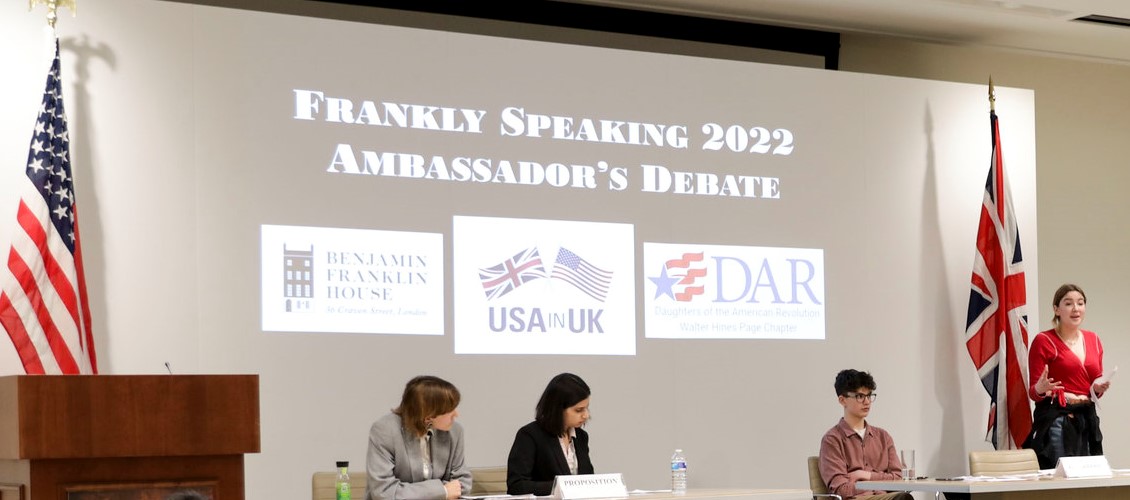History

Why do we learn history?
The History curriculum at CSG aims to ensure that students are better able to understand the past, enabling them to participate in educated discourse around the discipline. This in turn will enable them to participate in the various social and political worlds that exist within society. The curriculum achieves this by ensuring that students not only have broad and strong substantive knowledge – a coherent picture of the past – but also understanding of the discipline of history.
Our approach
Camden School for Girls’ was founded by one of the pioneers of girls' education, Frances Mary Buss. We are very proud of the school's history and aim to offer a history curriculum that follows in this tradition. Students will study a coherent, chronological narrative of British history, as well as significant aspects of world history. Since the past is diverse, students will also study a diverse past that takes students into the unfamiliar, broadening their experience and horizons by giving them knowledge of communities distant from their own. The knowledge students gain from this study of history will not only help students to build a strong sense of the past, but also will shape how they see the world, helping them to interpret all that they hear, see, or read. At GCSE, students will follow the Edexcel course. As part of this, students will study Elizabethan England, the history of migration to the UK, Weimar and Nazi Germany and the Cold War.
Curriculum Information
Year 10 2017 - Edexcel
Migration to Britain c800-Present
We examine the changing nature of migration to Britain from c800 to the present day. This thematic study takes an overview of the continuity and change over this period examining the most important changes and the impact they had. This study includes local analysis of migration to Notting Hill c1948-70.
Early Elizabethan England 1558-88
Elizabethan England was a time of a society violently fractured by religion, murderous plots and threat of foreign invasion. This topic looks in detail at the significance of the longest reigning, and arguably most successful, Tudor monarch Elizabeth and solutions to the problems in society. We also question this age as the ‘age of exploration’ considering the developments in attitudes, science and trade.
Year 11 2017 – Edexcel
Depth study: Germany 1918 - 1939
In just twenty years, the German people experienced amazing and unforeseen change. Germany emerged in the 20s as one of the most modern democracies in the world. But by the 30s, she was in the grip of Nazi dictatorship. We examine the reasons behind these changes, the appeal of the Adolf Hitler and the Nazis and what life was like for ordinary Germans in this period. Who resisted Hitler? Why were German Jews and other minorities persecuted?
Superpower relations in the Cold War 1941-91
After the Second World War, two superpowers emerged in the world: the USA and Soviet Russia. How did they end up in a ‘cold war’ for the next thirty years? Who was to blame? How did this rivalry lead to a crisis in Cuba? How far did a cycle of repression and freedom characterise the East and West of Europe up to the dismantling of the Soviet Union in 1991.
All topics are externally assessed at the end of year 11.

